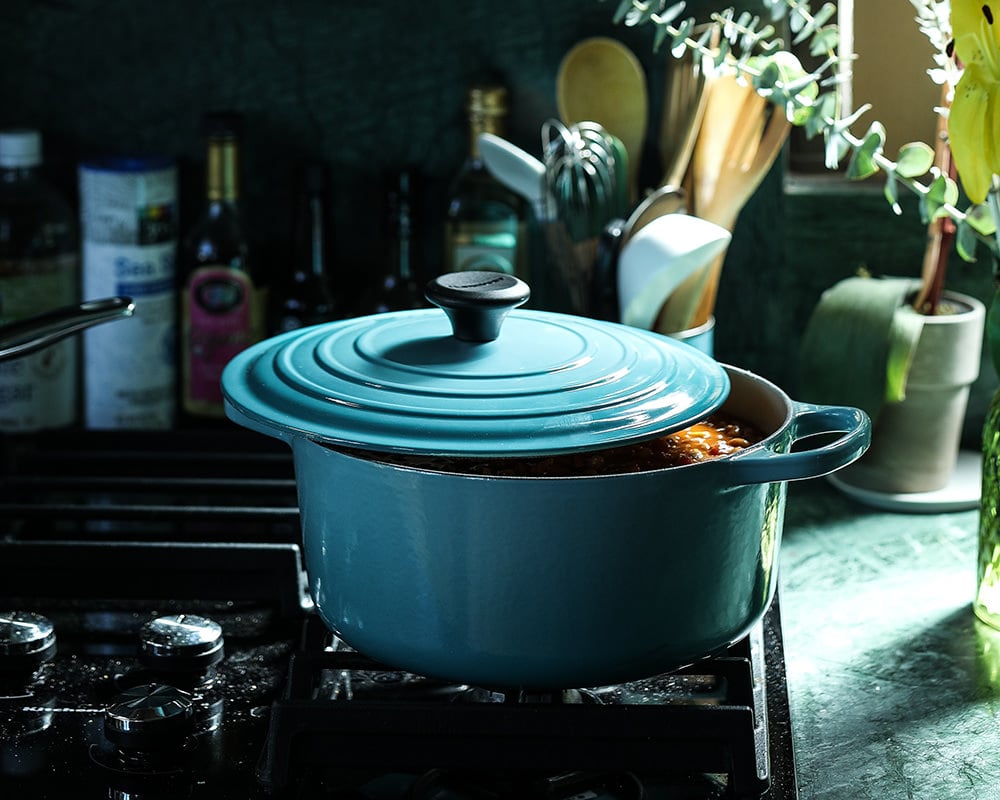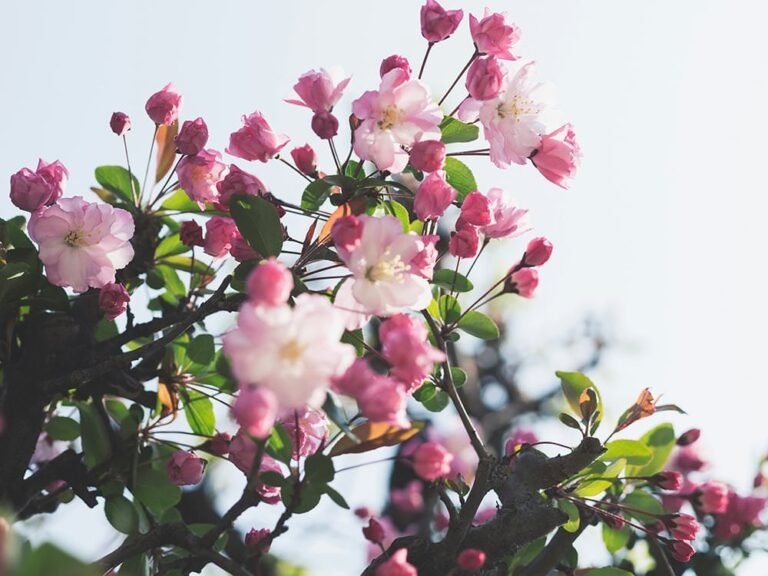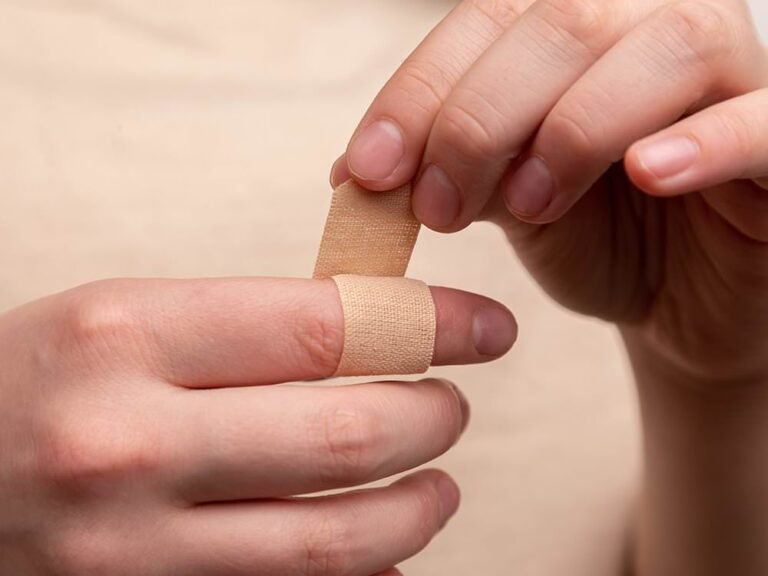tourner autour du pot
“Tourner autour du pot” is a French idiom that literally means “to turn around the pot.” In plain English, it means to hesitate, to avoid the main topic, to seek advantage in a roundabout way, or to procrastinate.
This saying dates from the 15th century, when it originally meant someone who seeks to gain undue advantage. Then, from the 19th century, it also started to mean someone who doesn’t express himself directly.
Similar English expressions include “to beat around the bush,” “to pussyfoot around,” or “to not cut to the chase.”






